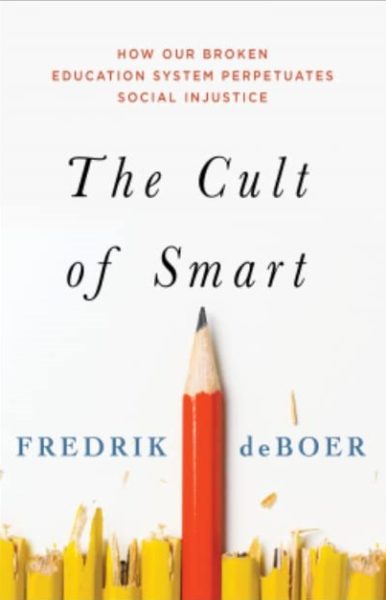I don’t watch TV, so I haven’t seen the show myself, but apparently a lot of Blacks in the US are taking away the multi-racial casting of a parallel-universe TV show set in the Regency period as being a true representation of British history:
Anyway, all this came to a head with my watching the Bridgerton series. As other people know, it bothers the living daylights out of me to cast well-known historical figures as another race. Not because there can’t be decent actors of another race, but because I know there is a percentage of the population who takes fictional movies and shows as revealing “the truth”.
My mom, who is better educated (alas) than most American high school graduates is one of those. She will adapt her vision of the past according to some crazy movie she just watched. (The number of arguments I’ve had.)
For those who haven’t watched Bridgerton (bog standard regency romances, with gorgeous, if not period-accurate clothing) they cast a certain number of noblemen as black or indian or other “races” and the English Queen in Bridgerton is black.
The buried history in the mini-series (suggested and Heinleined in) is that black and white people coexisted in England side by side, until the king married a black Queen, and then suddenly mixed marriages were allowed.
This is obviously a fantastic parallel world history. Yes, there were black people in England in the regency. I’m sorry to tell you there were very few and 99% of them were slaves or servants brought by people who had lived in Africa.
There was no “black nobility” and no system of apartheid.
HOWEVER as we found out, American people absolutely believe this nonsense. They believe Queen Charlotte (mostly German, honestly) was “black” based on a very bad portrait and rumors of a Moorish ancestress. (Note this rumor was almost certainly political slander. Also that Moor at that time in the peninsula depending on whether in the South or the North might mean slim, small and tan, but did not mean AFRICAN.) Weirdly the best debunking I found was from Quora.
HOWEVER I also found endless pages of well-educated black-Americans celebrating Queen Charlotte for “Black history month”.
Let me also point out that both the Queen and her husband (Yes, mad King George) were ardent abolitionists and that did she have any legitimate hint of African blood ALL the opposition would have fixated on this, and the caricatures would have been next level. However this never happened. Queen Charlotte was and looked German, even if a portrait can imply “stereotypical” African features … As long as you remember that those features exist in a lot of other races, and that a lot of them are also Neanderthal.
Sure, if you go with the one drop theory, Queen Charlotte was black. So is everyone else. EVERYONE else, even those whose 23andme swears they’re pure Scandinavian. Because sometime in the last two thousand years all of us got an African ancestor, somewhere, on one of the many, many lines that fed into our family. (Note genealogy is also a lie to some extent, since it’s impossible to follow every single female (if you’re tracking the male. Vice versa otherwise) line that dropped into your family, and everyone who fed into every other of those lines.)
The problem is that it was the rats in the head of the American black producers of the series that led them to create this entire parallel universe which they THINK IS TRUE on the basis of “well the queen was black”. WITHOUT LOOKING.
And now those rats are reproducing everywhere, but most notably in black American heads, who now believe that “Well, the king married a black queen, so it must be true that the Americans rebelled to keep enslaving the black people”.
This is all not just arrant nonsense, but poisonous bullshit, and has no contact whatsoever with reality.
What can we do about it?
Correct it, ruthlessly, whenever we come across it. And keep pointing out that a queen who was blond and blue eyed was not in fact “black” unless everyone is. And that reading racial tea leaves is a pseudo-science, like phrenology.
I would very much appreciate if we could put this behind us so may family doesn’t keep getting asked “what is your racial background” by complete strangers. (And not just census takers, whom I like to answer with “human”.)
Look, in the end, the darkest African and the lightest Scandinavian have more in common with each other than not. To pretend otherwise is arrant nonsense.
Yes, our far-distant ancestors developed racism as a necessary survival tool (along with the uncanny valley discomfort) because you could fall into the hands of another hominin band and become “food”. (The chimps are less discriminating and will also eat babies of their own band.)
We are now past that, and I would like it not to return. Yes, there are physical characteristics that go with certain character traits, but it’s harder to track than you think, and they’re often things that have nothing to do with race, let alone racial stereotypes.
We all have one drop of slaves and enslaved, or saints, sinners, murderers, murder victims, kings and peasants, ascetics and whores. And we all have all the inclinations of all of mankind in varying degrees.
It’s what you make of it and with it that determines whether you can wear “human” as a crown, or in fact get cast out of the human race for shoving in line.It’s time to stop with the nonsense.











